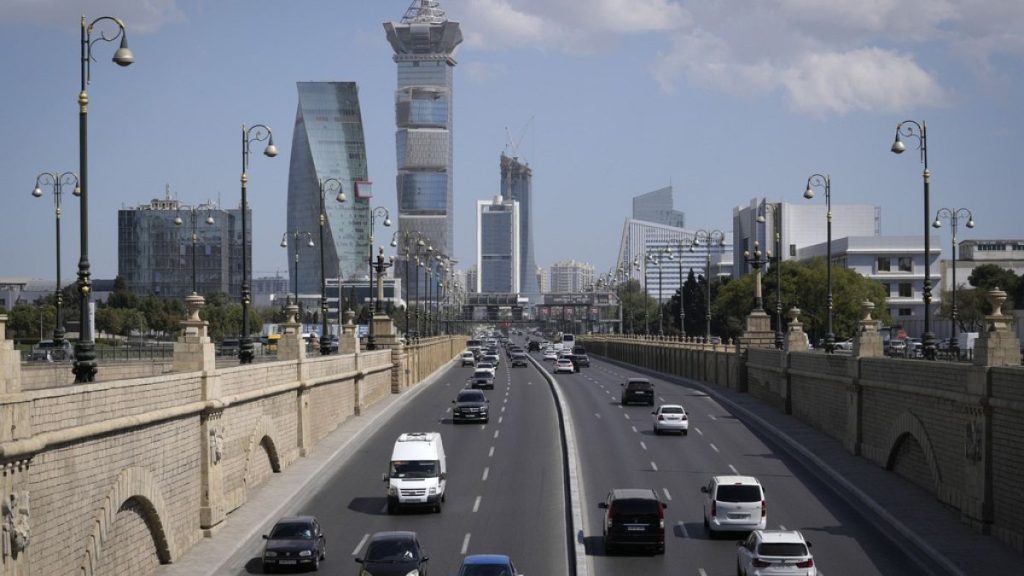European governments have pledged to continue contributing their share of an annual $100 billion fund to help developing countries cope with climate change ahead of the upcoming UN climate talks in Baku, Azerbaijan. EU finance ministers reaffirmed their commitment to assisting developing countries affected by climate breakdown and promised to engage constructively in discussions to increase funding. Concerns were raised over the record-breaking warmth experienced in 2023, with global temperatures exceeding pre-industrial levels by 1.45°C, as well as rising sea levels and retreating glaciers. Despite delays, developed countries, including EU member states, Australia, Canada, Japan, New Zealand, Norway, Switzerland, Turkey, the UK, and the US, managed to reach the $100 billion funding goal in 2022.
The upcoming COP29 talks in Baku are expected to focus on establishing a new collective quantified goal on climate finance for post-2025. Some parties, such as the EU, have called for more countries, including major polluter China, to contribute to funding efforts. Campaign group Greenpeace criticized European governments for failing to hold the fossil fuel industry accountable for its role in the climate crisis, calling for increased finance and taxes on major polluters during the negotiations. Developing countries require approximately $1 trillion annually in transfers from wealthier nations to address the impacts of climate change, according to Climate Action Network estimates.
Ministers responsible for environment and climate policy are set to adopt the EU’s overall position for COP29 at a meeting on 14 October. The EU has been a significant contributor to climate finance efforts, with a quarter of the total $116 billion in funding coming from the EU budget, the European Development Fund, and the European Investment Bank in 2022. However, the delayed reaching of the $100 billion target and ongoing disagreements over funding commitments highlight the challenges facing international climate negotiations. It is crucial for developed countries to fulfill their financial obligations to support developing nations in mitigating and adapting to the impacts of climate change.
As world leaders prepare to gather for COP29, the urgency of addressing climate change and its effects on vulnerable communities becomes increasingly evident. European governments have pledged to continue supporting developing countries in their efforts to combat climate breakdown, but additional measures, such as holding major polluters accountable and increasing financial contributions, are necessary. The EU’s position for the upcoming talks will play a key role in shaping global efforts to address climate change beyond 2025. Cooperation and commitment from all countries, particularly those with the greatest responsibility for global emissions, will be essential in achieving meaningful progress toward a sustainable future.













